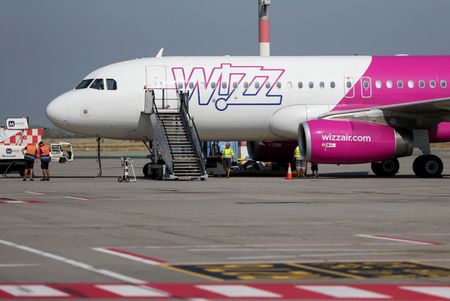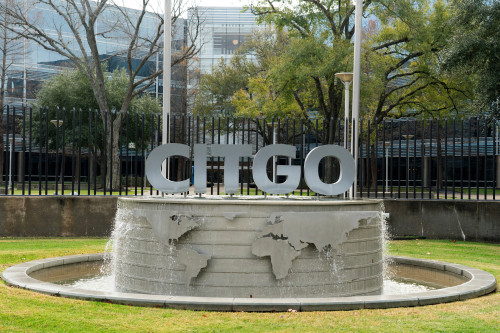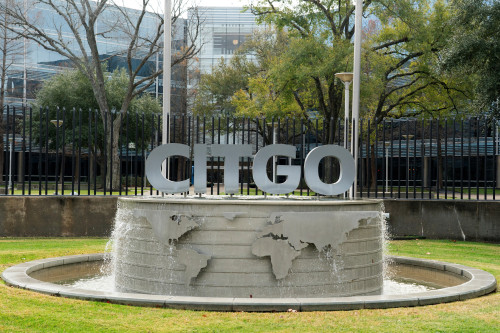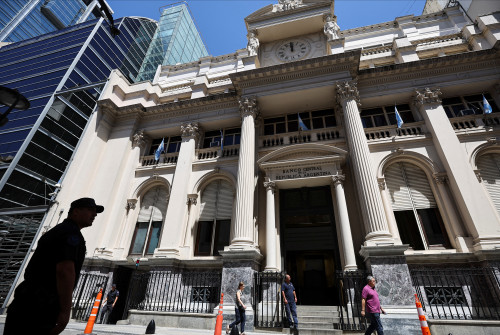By Sarah Young
LONDON (Reuters) -European low-cost airline Wizz Air is confident that strong bookings combined with a big investment in its operations to avoid last year’s summer travel snags plus its growing fleet will help it swing to a profit this year.
For the 12 months to the end of next March, Hungary-based Wizz said it expected a net profit of 350 million to 450 million euros ($481.59 million), a huge improvement on the annual net loss of 535 million euros it reported on Thursday.
Its forecast was better than the 343 million euro consensus outlook, lifting the airline’s shares by 3% to 2,838 pence.
“The fact that management are willing to give profit guidance for the current fiscal year is a sign of confidence,” said Goodbody analysts.
Wizz, whose main operations are in central and Eastern Europe, but also has a fast-growing Middle East business, cautioned that its outcome was contingent on there being no new adverse events such as the Ukraine war.
Last year, Russia’s invasion impacted Wizz’s performance forcing it to suspend operations there. A lack of fuel hedging plus airport issues also dragged.
Wizz, like many airlines, was forced to cancel flights last summer after a faster-than-expected rebound in air travel coupled with labour shortages caused chaos at airports.
Jozsef Varadi, Wizz’s chief executive, said the airline was better prepared for this summer, the most profitable period for European airlines.
“We have invested essentially hundreds of millions in magnitude into making our operating model a lot more resilient,” he said in an interview.
That meant more spare aircraft, spare parts, extra pilots and cabin crew were available.
Wizz said it was seeing strong bookings and higher fares for summer, in line with trends identified by competitors such as Ryanair, Europe’s biggest airline, and easyJet.
The airline is set to receive 30 new A321neo aircraft from Airbus by April 2024. Varadi said he was confident those would arrive despite supply chain issues.
($1 = 0.9340 euros)
($1 = 0.9344 euros)
(Reporting by Sarah Young, Editing by Paul Sandle, Robert Birsel)





